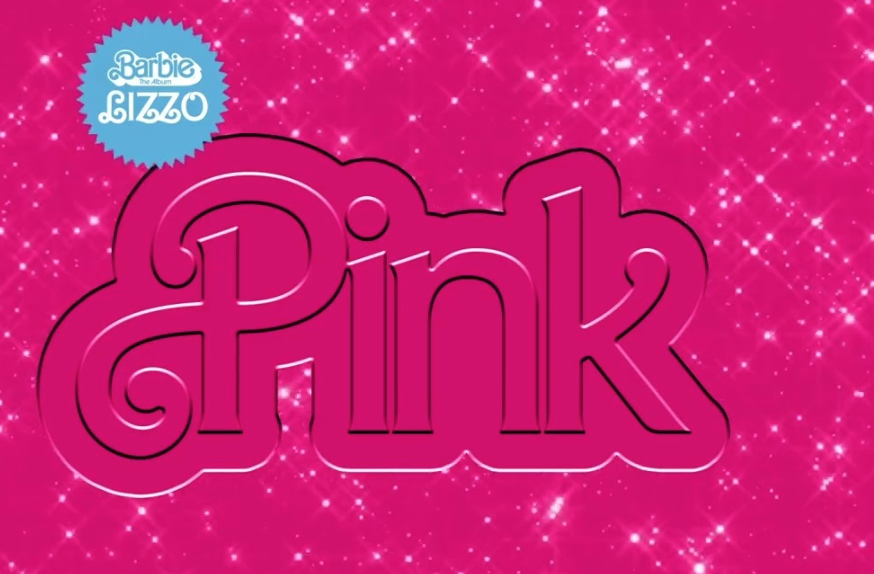As though Barbie: The Album wasn’t already suffering enough (critically, not commercially), Lizzo had to go and get herself accused of, among other things, sexual harassment, general harassment and creating a hostile work environment. As for this listener, Lizzo’s music was never met with much excitement…particularly that weird Hercules homage that came in the form of “Rumors.” But the “rumors” here smack of having veracity, being that, as soon as the dancers came out with their tale of woe, documentary filmmaker Sophia Nahli Allison also stepped up to validate their experiences by talking about what she experienced while briefly trying to direct a documentary about the singer in 2019. The attempt ended after two weeks, when Allison “witnessed how arrogant, self-centered and unkind she is.” And furthermore, “was not protected and… thrown into a shitty situation with little support.” In the end, she realized, “My spirit said to run as fast as you fucking can and I’m so grateful I trusted my gut.”
Alas, the dancers on her The Special Tour were not fortunate enough to react as viscerally to their own gut. Guts, apparently that were shamed by none other than Miss Body Positivity herself. And yet, considering how obsessive Lizzo is vis-à-vis talking about bodies, it should come as no surprise to anyone that her approach is actually toxic. For, just as there is toxic positivity, so, too, is there toxic body positivity. Which brings us to the irony of Lizzo’s participation in Barbie. Not just the fact that Barbie has long been an emblem for making women feel bad about their bodies, but also because Lizzo’s song on the soundtrack is the first sonic offering to introduce us to Barbie Land. After all, it’s called “Pink.”
And it sets the entire tone for how Barbie and her sistren live as Lizzo sings, “When I wake up in my own pink world/I get up outta bed and wave to my homegirls/Hey, Barbie (hey)/She’s so cool/All dolled up, just playin’ chess by the pool/Come on, we got important things to do…/In pink!/Goes with everything/Beautiful from head to toe I’m read’ to go, you know, you know/It’s pink!” The more accurate exclamation, however, is: “It’s body shame!” This being a common occurrence in Barbie Land as well…if we’re to go by Barbie (Margot Robbie) becoming horrified to learn what flat feet and cellulite look like.
Playing “Pink” once was already bad enough, but then, director Greta Gerwig and soundtrack executive producer Mark Ronson (/Andrew Wyatt) decided to go and let Lizzo make another version of the song for day two of our introduction to Barbie Land. This one speaking to how Barbie has been infected with irrepressible thoughts of death. Complete with the reworked bridge that goes, “P, panic/I, I’m scared/N, nauseous/K, death!” Except that now, when viewers watch this scene as the song plays, the humor is sure to be drained from it as they can’t help but think about Lizzo screaming at her dancers in a similarly deadpan tone.
Then there’s the other retroactively cringe lyric that goes, “What you wearin’? Dress or suit?/Either way, that power looks so good on you.” Eh…maybe not. Because, taking into account Lizzo’s grotesque abuse of power over her dancers, this line adopts an entirely different meaning. One that doesn’t feel “empowering,” so much as oppressive. And, here, too, it bears noting that someone who has been oppressed themselves often ends up becoming the worst kind of oppressor. Funneling their desire for retribution into all the wrong people. As for “retribution” in general, there’s no denying the conservative pundits are going to have a field day with these revelations about Lizzo and how they ought to also somehow discredit the core messages in Barbie.
Which is unfortunate, since Gerwig and her co-writer, Noah Baumbach, had done such a thorough job of addressing many of the complexities and paradoxes surrounding the doll. One, who, in the end, will still stand out most glaringly in people’s minds for making other women feel insecure about their own bodies. Just as Lizzo, of all people, has. Especially now that everything regarding her “authenticity” is being called into question. Likely from a point of no return. Because when Beyoncé stops saying your name (as she did in a live performance of the Queens Remix of “Break My Soul” at a show in Boston), you know things are dire. That, in short, you’ve left the magic cushion of Barbie Land and entered the Real World.




















